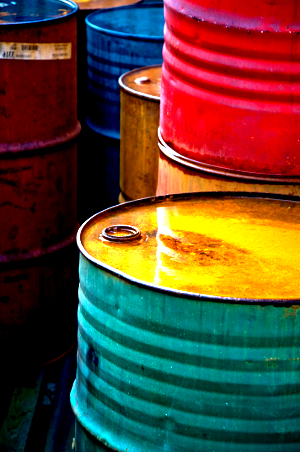Low fuel stores cause warning
 The Federal Government has been warned that Australia’s low fuel stockpiles could leave the nation dangerously exposed.
The Federal Government has been warned that Australia’s low fuel stockpiles could leave the nation dangerously exposed.
The Coalition is yet to publish a recent review of Australia’s liquid fuel reserves, but figures suggest the nation is failing to retain the recommended amount.
The International Energy Agency mandates countries hold at least 90 days’ supply of liquid fuel reserves, but Australia currently has just 22 days’ worth of petrol, 17 days of diesel and 27 days of total petroleum products in storage.
Australia is dependent on the Middle East for much of its transport fuel, but there are concerns that instability in the region — coupled with tensions in the South China Sea and on the Korean peninsula — could threaten Australia’s fuel future.
“With increased uncertainty in the Middle East from where much of our oil and refined fuel comes, and the growing uncertainty in our own region due to great power tensions and the unpredictability of the US as a stabilising force, a review of Australia’s liquid fuel reserves is even more crucial now to Australia’s national security,” Coalition senator and retired major-general Jim Molan has told News Corp reporters.
“It’s disappointing and potentially dangerous that the review has been delayed, given that the bureaucracy also has to complete an overall energy review in 2019.”
Dr Paul Barnes, head of Risk and Resilience Program at Australian Strategic Policy Institute, is concerned by the lack of information regarding the federal government review.
“The fact that the review results are delayed is a concern … we have been teetering on the edge for some time,” he told News Corp.
“One issue today that is a concern for all Australians is that just because we haven’t had a problem with fuel security in the past, it doesn’t mean we will never have one in the future - it doesn’t make logical sense.
“We need to do our full due diligence, not just regarding fuel reserves but the broader issue of supply chains.”
The Department of the Environment and Energy says “the Government is continuing to engage stakeholders and expects to release the review in early 2019”.







 Print
Print